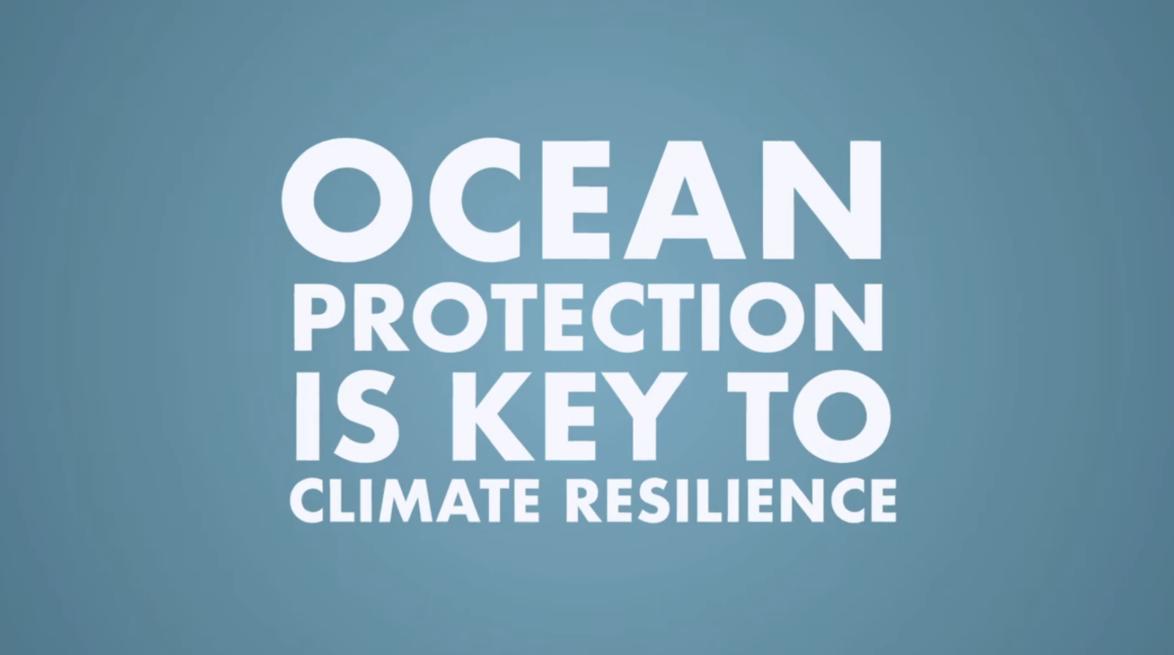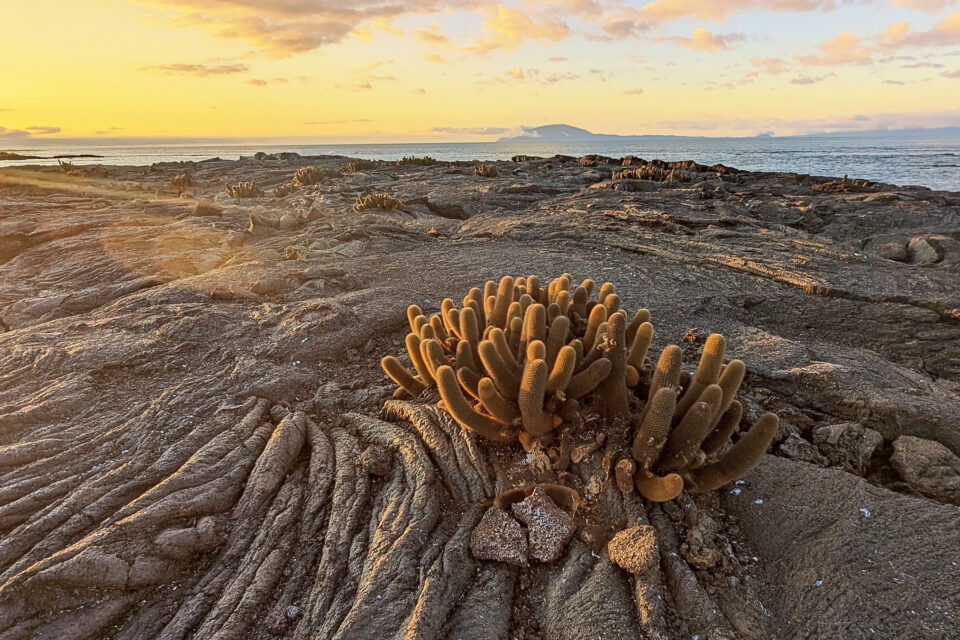

Ocean protection for climate resilience: Rebalancing the scales for the Galapagos Marine Reserve
The global ocean and marine species play a major role in the fight against climate change. Unsustainable fishing and plastic pollution are exacerbating climate change impacts in Galapagos.
We are using our platform at COP26 in Glasgow to highlight that ocean protection is key for climate resilience – unsustainable fishing and plastic pollution are exacerbating climate change impacts in Galapagos. We are calling for action from grassroots to government to tackle the greatest threats to the Galapagos Marine Reserve by transforming pledges into collective action.
What is GCT doing to increase climate resilience in Galapagos?
GCT is taking a holistic approach to protecting the wildlife and communities in the Galapagos Islands from the threats of climate change, overfishing and pollution. By raising funds and awareness in the UK, we support and deliver projects in Galapagos that respond to key threats facing the Islands. These projects focus on restoring natural habitats such as the ocean, protecting threatened species and driving sustainable solutions, including our plastics work to make Galapagos plastic-pollution free once again.
We support projects that will provide sustainable nature-based solutions and alternative livelihood options to ensure resilience against these growing threats, thereby conserving the unique species found in and around the Galapagos Marine Reserve.
We use robust scientific data to underpin our knowledge about how marine life and local communities will be affected by climate change. We develop solutions to major threats with our partners targeting economic, political and behavioural interventions. For example, we are funding scientists to gather the evidence base for improved marine protection around Galapagos, including identifying the critically important Swimway between Galapagos and Cocos island, Costa Rica, and support for the expansion of the Galapagos Marine Reserve.
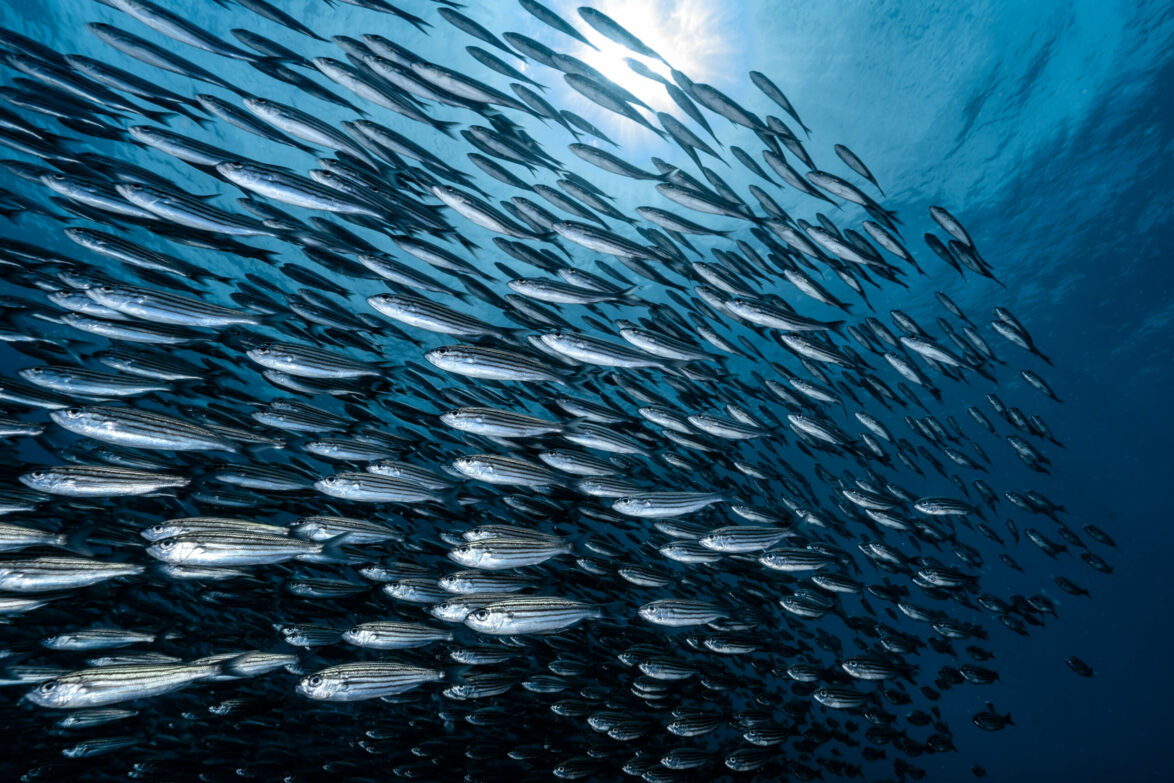
Blue carbon: What is it?
Blue carbon is the scientific term for the carbon stored in coastal and marine ecosystems, such as mangroves, tidal marshes and seagrass meadows. These ecosystems can sequester (capture) and store more carbon per unit area than terrestrial forests.
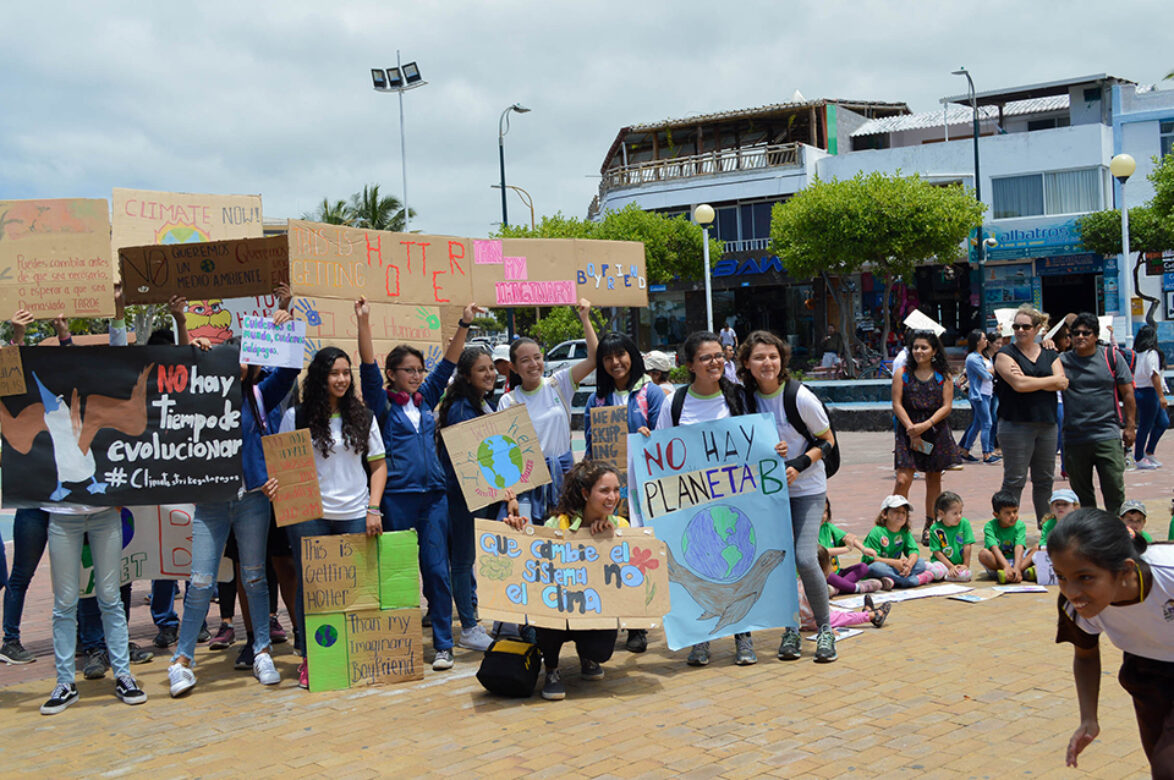
We believe in diversity, equality and inclusion at every stage of conservation, from grassroots organisations to governments. We encourage local voices through our grassroots projects and we are working with the Galapagos community to meet the UN’s Sustainable Development Goals by 2030 through our partnership with Co-Galapagos. We ensure a fairer representation of views by amplifying diverse voices and facilitating better solutions to meet local needs.
Ultimately, the more fish we leave in the sea, the healthier are our ocean ecosystems and planet. Oceans absorb carbon more effectively than any other habitat. They contain 16 times more carbon than the terrestrial habitat. To protect marine biodiversity and ocean health, we must extend marine protected areas and ensure adequate resources and capacity to enforce protections. Overfishing must stop. Ending illegal, unreported and unregulated fishing is vital to improving the sustainability and resilience of artisanal fisheries that communities depend on. We’re supporting a more sustainable, climate-resilient tourism model for the Islands, including certification for responsible fishing activities.
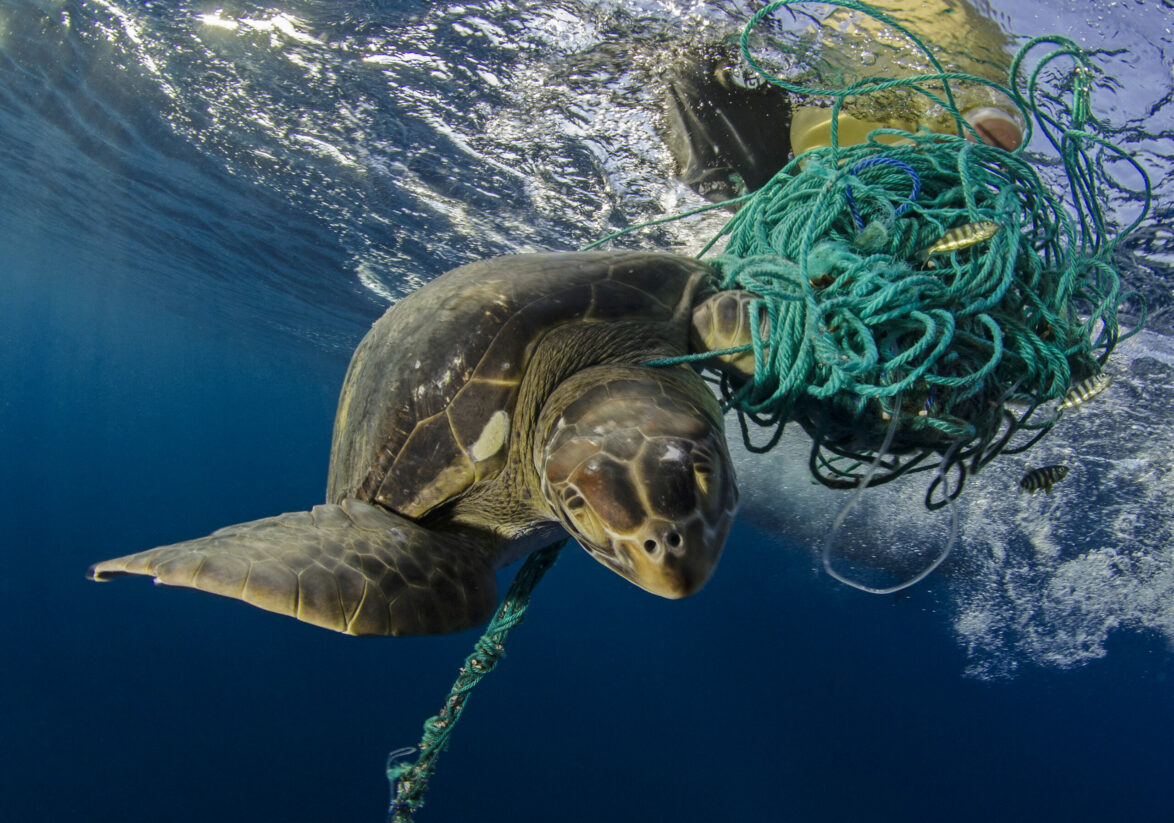
Our consumption of plastics, which entangles and harms marine species, must be reduced whilst moving towards a circular economy to minimise the use of oil and carbon emissions along the supply chain. We must introduce and enforce littering legislation within the Galapagos Marine Reserve and into the high seas. Through our Plastic Pollution Free Galapagos programme, we are building capacity in the Islands by funding the training of Galapagos National Park rangers to use drones better to develop our understanding of the sources of plastics.
We must ensure all community voices are heard. Grassroots climate actions for mitigation and adaptation must be recognised and supported, such as observing sustainable fishery principles and adopting more sustainable living approaches. We must globally harmonise our shared values and sustainable behaviours to achieve climate resilience.
Ultimately, the more fish we leave in the sea, the healthier are our ocean ecosystems and planet.
Related articles

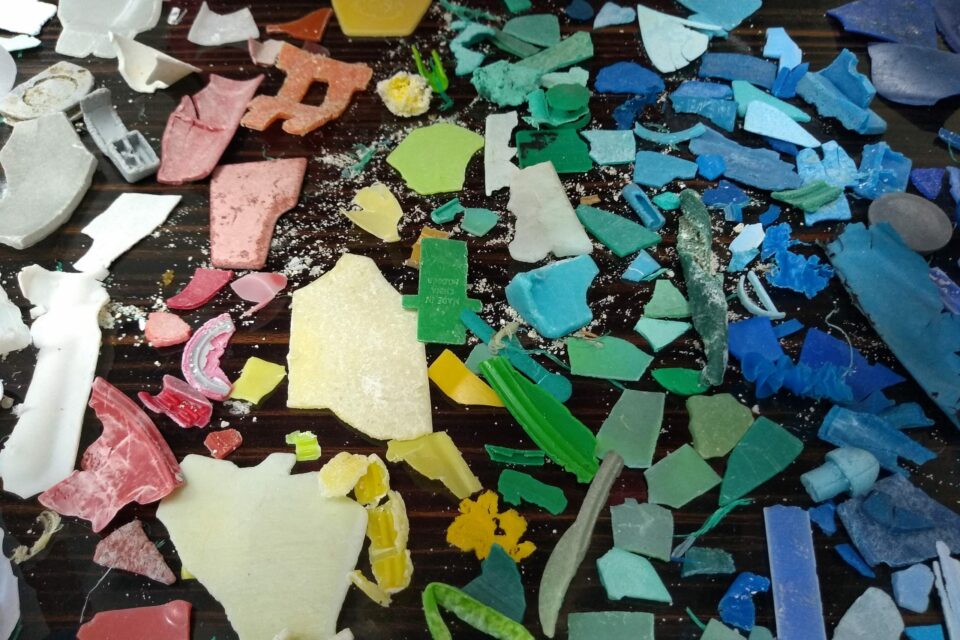
Climate change and plastic pollution: the inextricable link
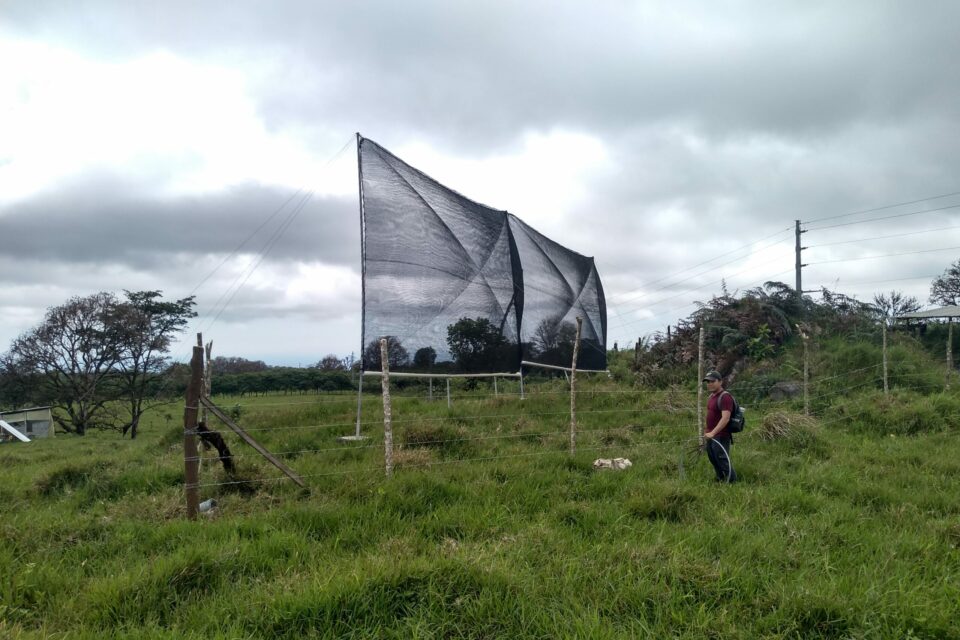
Santa Cruz: The Evolution of the Agricultural Zone


